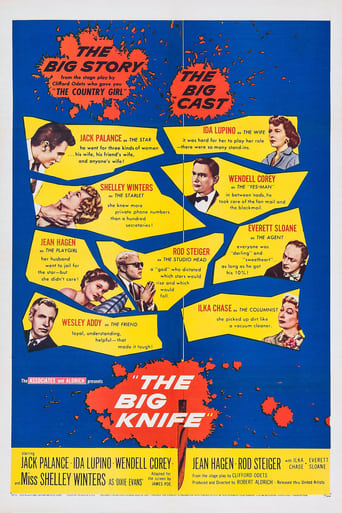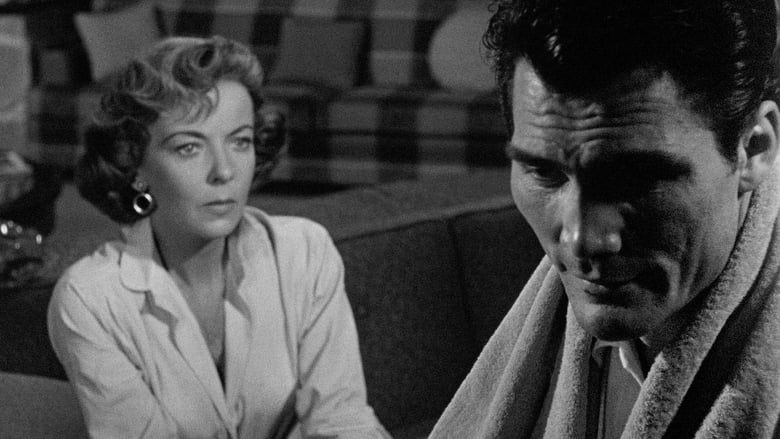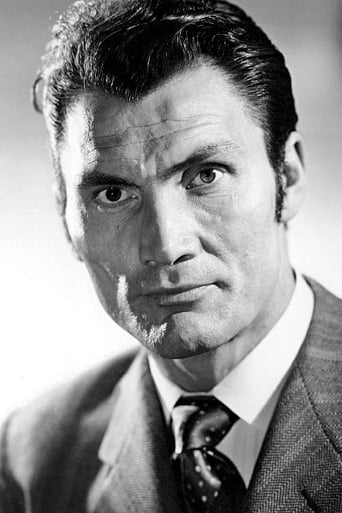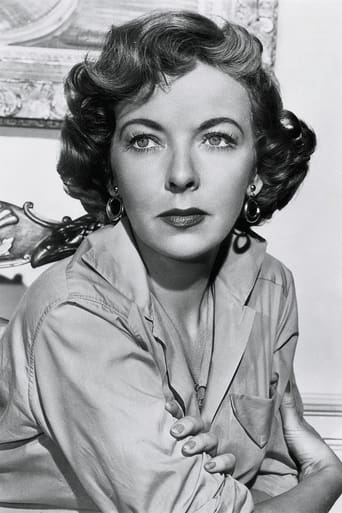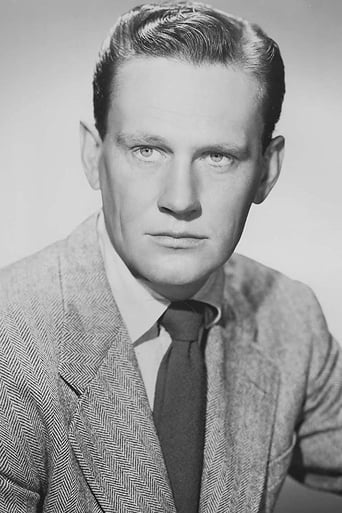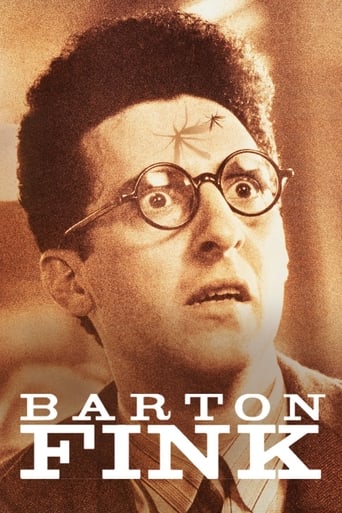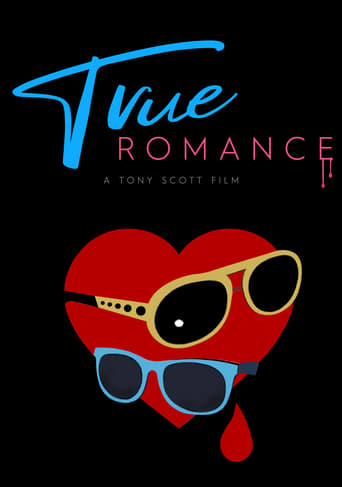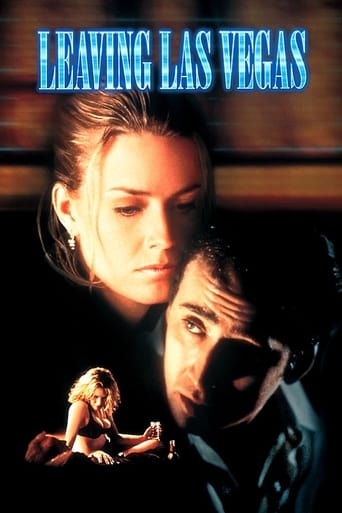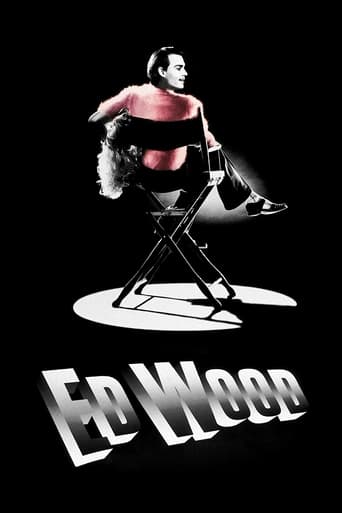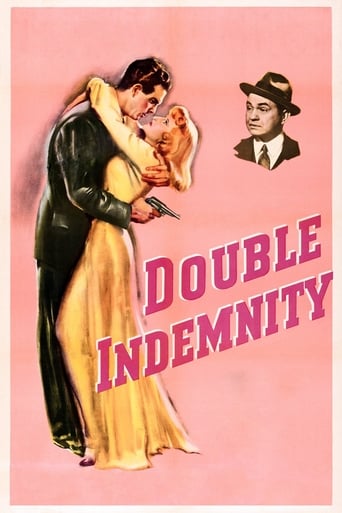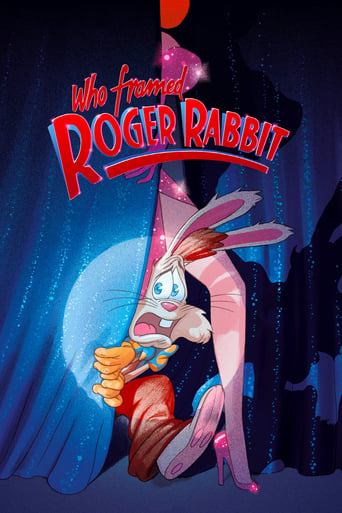The Big Knife (1955)
Movie star Charlie Castle draws the ire of Hollywood producer Stanley Hoff when he refuses to sign a new seven-year contract. Castle is sick of the low quality of the studio's films and wants to start a new life. While his estranged wife supports him in the decision, Castle's talent agent urges him to reconsider. When Castle continues to be uncooperative, Hoff resorts to blackmail in order to get his way.
Watch Trailer
Cast
Similar titles
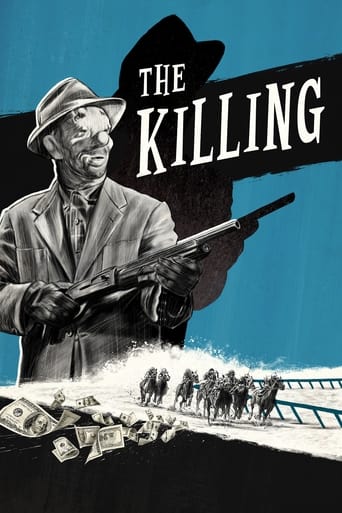
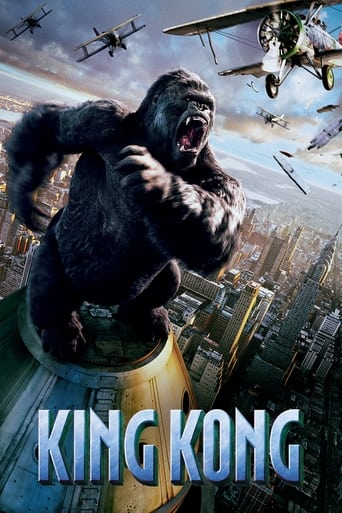
Reviews
Good story, Not enough for a whole film
A lot more amusing than I thought it would be.
The best films of this genre always show a path and provide a takeaway for being a better person.
The film's masterful storytelling did its job. The message was clear. No need to overdo.
"How dare you come in here and throw this mess of naked pigeons in my face!" Hollywood actor Charles Castle (Jack Palance) is pressured by his studio boss (Rod Steiger) into a criminal cover-up to protect his valuable career.This film began its life as a Clifford Odets play starring John Garfield. As is not uncommon, it was expected that Garfield would play the same role in the film. Garfield, however passed away in 1952 at the age of 39. This opened the door for Jack Palance. While even the director (Robert Aldrich) did not think Palance had the looks to be leading man material, he pulls it off and of course went on to be a bigger name than Garfield was (with all due respect).The script comes from writer James Poe early on in his career, before his Oscar-winning script for "Around the World in 80 Days" (1956) or his marriage to the iconic Barbara Steele. When writing "Big Knife", both Poe and Aldrich (rightly) saw Odets as a "giant" and did not change more than they had to. Aldrich, later in life, regretted their failure to really make it their own.The plot provides the audience with a few avenues earlier on, making us think the real struggle is whether or not Castle will sign a 7-year contract that gives him big money but would stifle his potential. (The contract is for 14 years in the play, though I find 7 more realistic.)High praise comes from Jeff Stafford who writes, "The use of long takes by cinematographer Ernest Laszlo adds greatly to the film's claustrophobic tension and the mingling of fictitious names with real ones (Billy Wilder, Elia Kazan, William Wyler and others) throughout the dialogue gives The Big Knife a candid, almost documentary-like quality at times." Dan Stumpf was less impressed, noting, "And then there's the pace — or rather there isn't. Knife is the kind of classic tragedy that needs fatalistic momentum; we should see Charley Castle's destiny come careening at him in the course of a single day, like Oedipus. Instead, director Aldrich and adapter James Poe open Odets' play out and let it meander around, a fatal mistake with material like this." One suspects that this is just part of adapting a play, that inevitably we are let with limited action and pace, unless some major changes are made (not many plays have car chases). Also, as "Knife" came out the same year as Aldrich's "Kiss Me Deadly", it cannot help but be compared unfavorably.Oddly enough, Robert Aldrich's career hit the fan in 1957 because of "The Big Knife", when he was fired from a Columbia movie called "The Garment Jungle" (1957). Columbia head Harry Cohn realized halfway through filming that the director he hired was the perpetrator of "The Big Knife", which Cohn erroneously believed was an attack on him. Unofficially blackballed, Aldrich went to Europe to direct the Hammer film "Ten Seconds" to Hell (1959, again with Palance), and "Sodom and Gomorrah" (1962), and to blacklist-friendly Kirk Douglas for "The Last Sunset" (1961). The Blu-ray has a brand-new 2K restoration from original film elements produced by Arrow Films exclusively for their release. We also get new audio commentary by film critics Glenn Kenny and Nick Pinkerton of Film Comment. The most interesting addition is "Bass on Titles". Saul Bass, responsible for "The Big Knife" credit sequence, discusses some of his classic work from "Psycho" to "Man With the Golden Arm" to "Seconds" and beyond, in a self-directed 33-minute documentary from 1977. While only tangentially related to the film, it has real value in itself that film buffs will appreciate.
This film is a thinly veiled discussion of various rumors about various big-name actors. Many times over the years, studio heads reportedly paid to bail big stars out of legal jams. And, while you can't prove exactly what happens, people talk and say that the studios paid people off and hid the crimes of its stars. A few examples of the cases which MAY have been covered up would include: Thomas Ince's death aboard William Randolph Hearst's yacht, the death of Jean Harlow's husband, the beating death of Ted Healy (recent stories say Wallace Beery was responsible) and MANY other scandals too numerous to list here. It's like "The Big Knife" is trying to expose these scandals without being too specific--otherwise the filmmakers could have either been sued or blackballed. This film is a lot grittier and cynical than other previous films that look at the dark side of Hollywood (such as "What Price Hollywood?" and "A Star is Born")--and I am pretty sure the studio execs breathed a deep sigh of relief when "The Big Knife" failed at the box office! "The Big Knife" is not exactly what you'd expect given the film's title or that it's about a killing. You'd think it was an action film, but it isn't. In fact, the film is very non-action--with almost all of the film taking place in a guy's home--and often in just one or two rooms. The only action is when folks TALK about what has already happened or when the ego-centric main character shows his guests an old boxing film he made years earlier.Jack Palance plays Charles Castle--a famous movie star who has been making a lot of movies which, in his and other people's opinions, are beneath him. He's bored with these sort of films and unhappy about the state of his life. However, his divorce and the crap that the studio forces him into are all his own doing. He cheated on his wife repeatedly and as for the studio, there comes the interesting part of the film. Apparently, years before, Castle was driving drunk and killed someone. But, the studio's 'fixers' came in and got a guy to take the blame--and allowed their money-maker, Castle, to keep on making films. So, when Castle pushes the execs for better films, their ultimate trump card is to expose Castle's guilt in killing someone! He's stuck. At times, the viewer might be inclined to feel a bit sorry for him--but throughout the film he keeps reminding the viewer that down deep, he is a jerk--as are most of the folks in this film. And, just how big an amoral jerk he might be is tested when a fixer (Wendell Corey) has to take care of one more loose end...and wants Castle's help.For the most part, this is a very good film. Palance and the rest (particularly Corey) are very good. There is one exception, however. While Everett Sloane was a wonderful actor, here he is oddly miscast. Seeing him play an agent and saying 'darling' all the time to Palance just didn't seem believable in the least. They really needed someone oilier--someone who could just drip fake charm--though he WAS very good later in the film during his big scene (at about 90 minutes into the movie). I might have enjoyed seeing someone like, perhaps, Zachary Scott in this part--as he could ooze snake-like charm. Apart from this minor problem, the film delivers--with a resounding indictment on the sleazy dark side of the film industry. It also really helps that the film ended as well as it did--the finale is impressive. Well worth seeing provided you don't mind that the action is all on the cerebral side and not in the great outdoors.
A Hollywood movie star has a couple of angst-ridden days as he tries to get out of the business. The premise is a little hard to swallow - that it's hell being a movie star - and the execution is a failure on many levels. Based on a play by Odets, the characters don't stop talking for a minute. Aldrich does nothing to eliminate the stagy feel. Pretty much all the action takes place in a living room. The cast is impressive, but they did not get the memo that this is the film version, not the stage one. Palance and Lupino overact, but they are models of restraint compared to Steiger, who is completely over-the-top as a tough studio boss. The score is atrocious.
Unless you understand that The Big Knife was Clifford Odets's one finger salute to Hollywood and its mores, you will not understand the film at all. Odets after some bad times in tinseltown went back to his first love which was the theater and wrote this play which ran for 109 performances in the 1949 season on Broadway.In the lead roles of actor Charlie Castle and producer Marcus Hoff, Odets cast a couple of guys who were having difficulty finding employment in Hollywood at that time as well, kindred spirits from the Group Theater back in the day, John Garfield and J. Edward Bromberg. Garfield who certainly could bring his own life into the part plays Odets himself who had as tempestuous personal life as his creation Charlie Castle. He feels starved creatively because of the junk he's been doing in Hollywood, not the stuff of social significance that Odets did back Group Theater days.Jack Palance plays Castle in the film and while he does justice to the part I only wish John Garfield had lived to do the screen version of what he created. He had an unceasing rebellion against Warner Brothers for the stereotypical tough guys parts he was being cast in. But just after he broke free came the blacklist.Rod Steiger is malevolence itself as the producer whom I believe was based on Louis B. Mayer. Odets dealt with him through his then wife Luise Rainer over at MGM. Mayer was not liked even by his fellow studio moguls and he had been toppled in a studio power play at MGM a few years earlier. Had he still been in charge at MGM, I'm willing to bet The Big Knife might never have been made even as an independent film with a United Artists release.Director Robert Aldrich filled out the rest of the cast with familiar Hollywood names like Ida Lupino as Palance's estranged wife, Everett Sloane as his long suffering agent, Wendell Corey in a role that has to be modeled on MGM's fixer who knew where all the bodies were buried Eddie Mannix, Shelley Winters as the bimbo like starlet who can put an end to Palance's career and Ilka Chase as a Hedda Hopper like columnist who is the self appointed keeper of the Hollywood morals. Chase's scenes are at the beginning of the film and she really has the columnist character dead on.On stage the entire play is set in the living room of the Palance/Lupino Hollywood style mansion. Like the house in Long Day's Journey Into Night, the opulent living room becomes a character itself, showing the velvet and comfortable trap that Palance is in and why he just can't give up all this comfort, even for the art that used to motivate him.Odets might have done better had someone else a little more dispassionate had written this based on his memoirs. The Big Knife gets a little too personal at times. And it never quite loses the stage origin even with a few scenes away from the house. But the acting his first rate from a first rate cast. I'd watch The Big Knife as a look into the mind of Clifford Odets.
